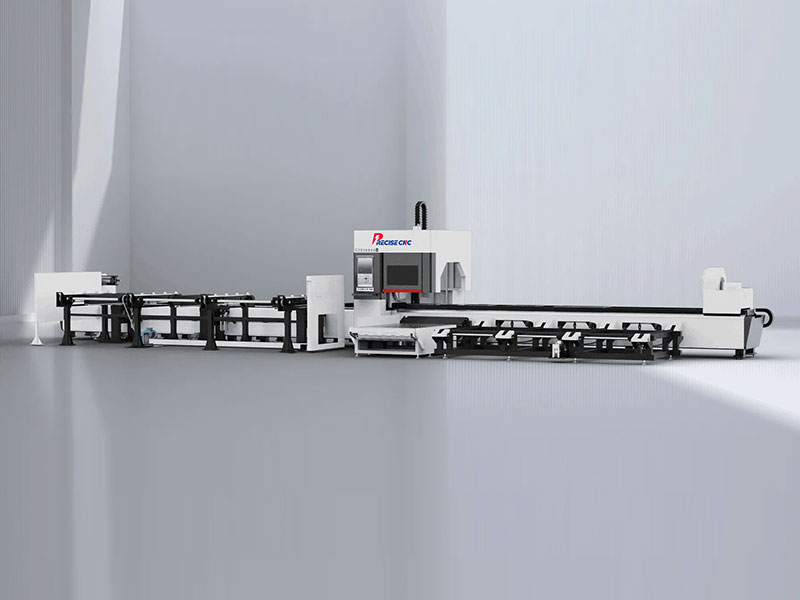
Product Name: Zero Tailing Laser Tube Cutting Machine
Model: PR-GH6018,PR-GA6026,PR-GY9028,PR-GKA12036
Laser Power: 1~30kw
Dimensions (mm): 12888x5112x3286,12888x5098x3286,51697x7050x5108,29055x4760x3950
Application: Kitchenware Manufacturing,Agriculture Machinery,Furniture Manufacturing,Architecture Industry,Automotive Manufacturing,Aerospace Industry,Shipbuilding Industry,Railway Facilities,Petroleum Industry,Sports Equipment
Product Specification
| Model No. | PR-GH6018 | PR-GA6026 | PR-GY9028 | PR-GKA12036 | |||
| Tube Diameter (mm) | Φ口10~180 | Φ口15 ~250 | Φ口15~280 | Φ口30~350 | |||
| Cutting Tailing (mm) | 0 | 0 | 0 | 0 | |||
| Load-bearing Capacity | 240kgs | 300kgs | 500kgs | 1850kgs | |||
| Max.Loading Length | 6300 | 6300 | 9300 | 12300 | |||
| Max.Unloading Length | 6000 | 6000 | 9000 | 12000 | |||
| Dimensions (mm) | 12888x5112x3286 | 12888x5098x3286 | 51697x7050x5108 | 29055x4760x3950 | |||
| Laser Power | 1~30kw | ||||||
| Tube types | Round tubes, square tubes, rectangular tubes, H beams, I -beams, channel steels, angle steels, and various special-shaped tubes. | ||||||
Zero Tailing Laser Tube Cutting Machine Features and Advantages
Reasons to choose PRECISE CNC G-series
Comparison Between Laser Tube Cutting and Other Cutting Methods
| Method | Tailing | Position Accuracy | Cutting Seam | Heat-Affected Zone |
| Laser Tube Cutting Machine | No tailing ✅ | 0.05 mm / High precision ✅ | 0.2–1.6 mm Saves 6–9% materials ✅ | 0.1–0.4 mm Less heat absorption, small deformation ✅ |
| Traditional Cold Working | 50–200 mm | 1–5 mm / can not be cut | Relatively large | NO |
| Traditional Hot Working | 100–300 mm | 0.4–5 mm | 4–6 mm | 0.5–5 mm |
Zero Tailing Laser Tube Cutting Machine Samples
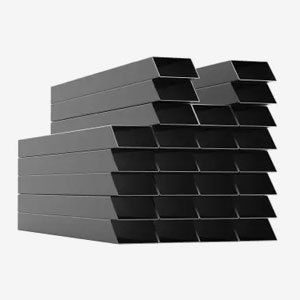
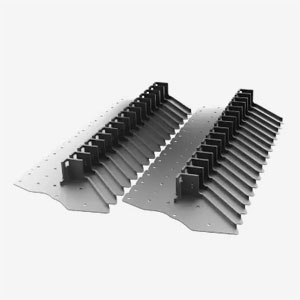

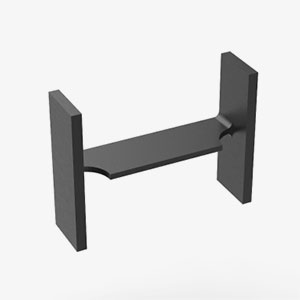
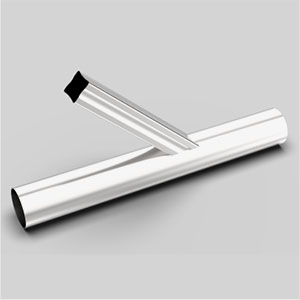
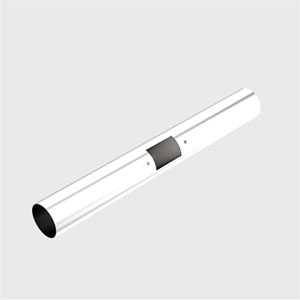
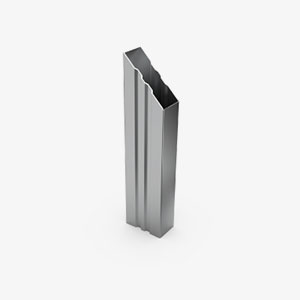
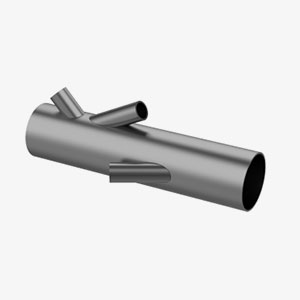
Zero Tailing Laser Tube Cutting Machine Applications






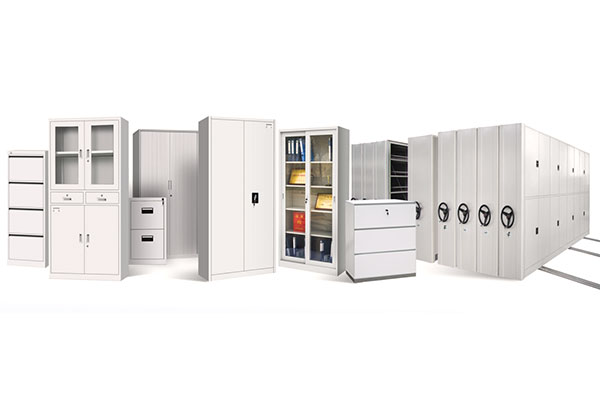
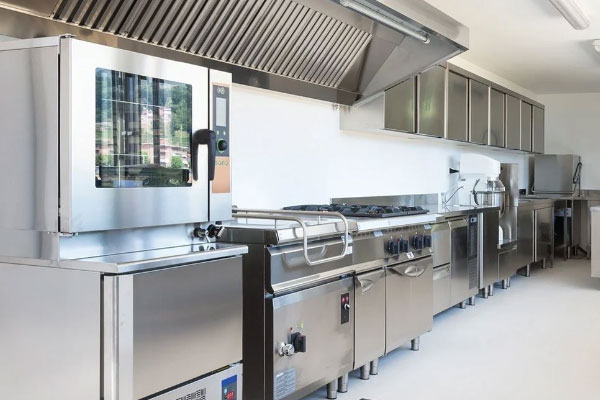
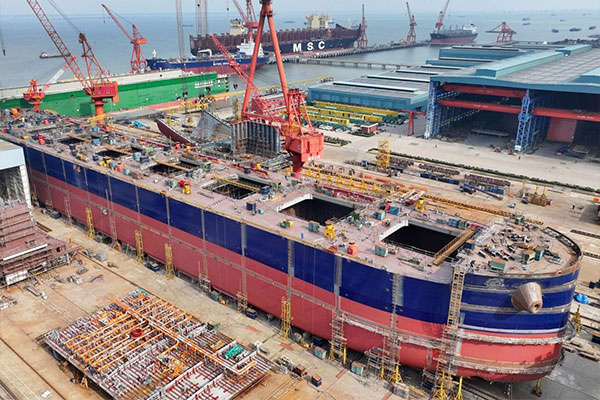
Zero Tailing Laser Tube Cutting Machine Testimonials
Zero Tailing Laser Tube Cutting Machine FAQs
A: The working principle of a fiber laser cutting machine is based on the use of a high-powered laser beam to melt, burn, or vaporize the material being cut. Here’s a breakdown of the process:
1.Laser Generation: The machine generates a laser beam using a fiber optic laser source. The laser source typically uses a fiber laser (such as YAG or ytterbium-doped fiber) that is pumped with light from diodes. The laser beam is then transmitted through the fiber optic cable.
2.Beam Focusing: The laser beam is directed and focused onto the material using a set of mirrors and a focusing lens. The focused beam has very high energy density and is able to concentrate on a small spot on the material’s surface.
3.Material Interaction: When the laser beam hits the material, it rapidly heats up the surface, causing the material to melt, burn, or vaporize. The cutting area is typically assisted by auxiliary gases (like nitrogen, oxygen, or compressed air), which help blow away the molten material and improve the cut quality.
4.Cutting Process: As the laser beam moves across the material, the heat melts or vaporizes the material in the path of the beam. The cutting head is typically controlled by a CNC system, which precisely guides the laser beam to cut along the desired path.
5.Cooling: During the cutting process, the material around the laser-cut area cools and solidifies quickly, allowing for clean, precise cuts with minimal distortion.
Fiber laser cutting machines are favored for their high cutting precision, speed, and efficiency, particularly when cutting metals such as stainless steel, aluminum, and carbon steel. The fiber laser’s ability to focus energy tightly on the cutting area results in high-quality, narrow kerf widths, and minimal heat-affected zones (HAZ).














































